"She Has No Credentials To Be Saying What She Does": We Spoke To A Dietician About Rebel Wilson's Comments On Weight Loss And Dieting
Warning: This post includes discussion of weight loss, restrictive eating, and calorie numbers.
Rebel Wilson's latest comments about her diet and weight loss have sparked criticism.
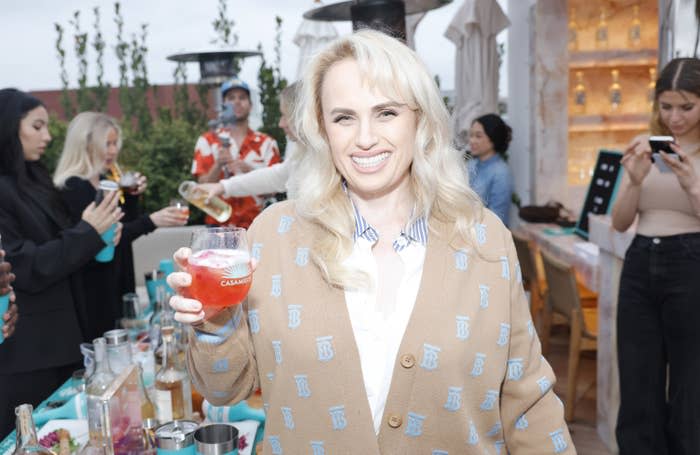
The Australian actor has long spoken openly about what she dubbed to be her "year of health," which started after she visited a fertility doctor in 2019. "He looked me up and down and said, 'You'd do much better if you were healthier,'" she told People last May (she previously told the anecdote in a 2021 Instagram Live). Although Rebel lost over 80 pounds, she told the magazine, "It wasn't a goal to get to a certain weight. ... It was just being the healthiest version of myself."
While promoting her new dating app, Fluid, last week, Rebel spoke about her body once again. "When I first started my diet, I set a goal weight because I needed some kind of goal, I needed something to work towards, but once I started losing the weight I thought maybe I could do more," she said. "At first I wanted to just lose 75 pounds and then I thought, I can go further."
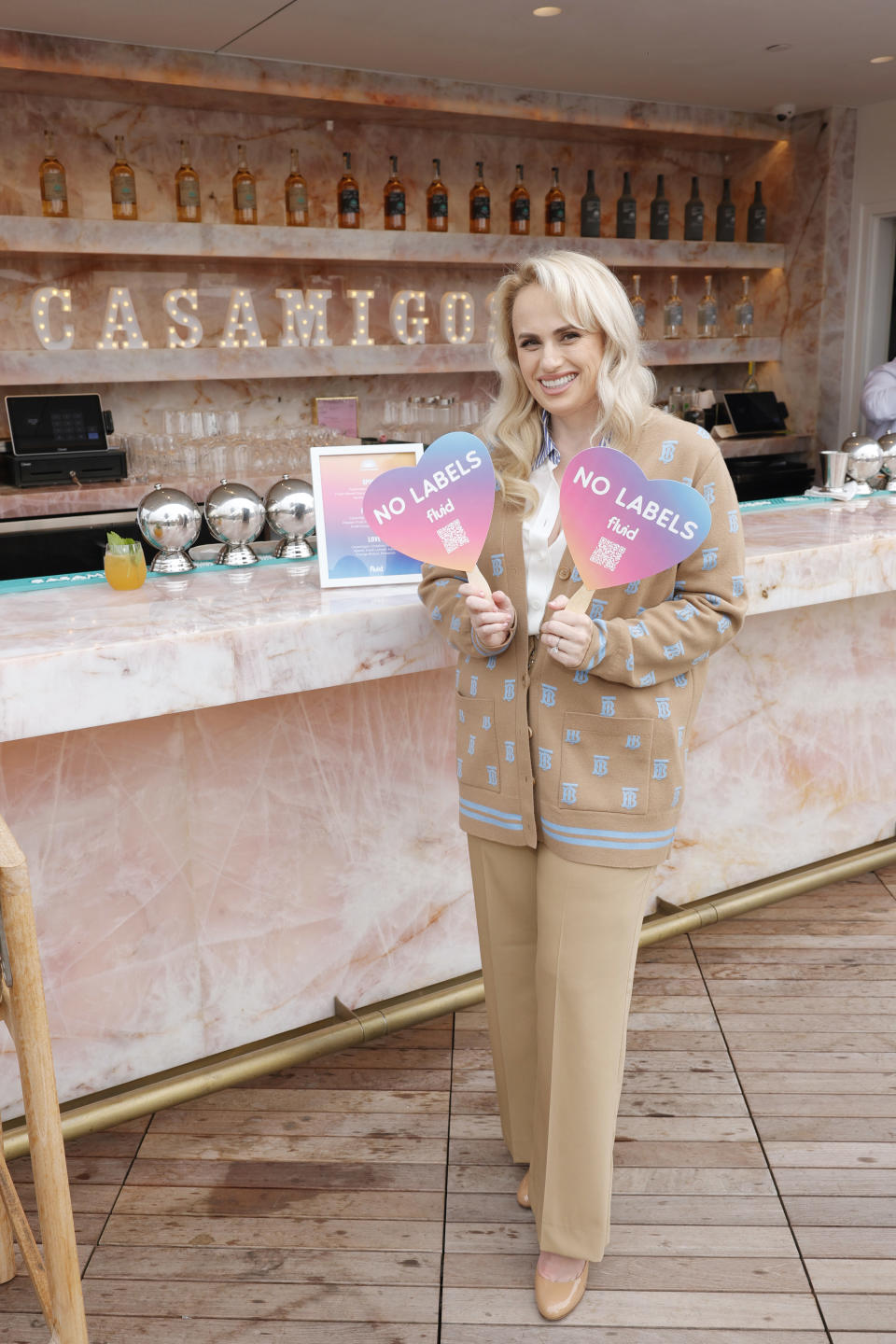
She further said that maintaining her current weight has been more challenging after welcoming her first child. "Although I didn’t give birth to her and I didn’t need to lose any baby weight, I had just gained weight from the lack of sleep and from the change in my lifestyle."
"I was just actually in a program where I learned about food and they taught us that you don’t really need as many calories as you think," Rebel continued. "The truth is your body doesn’t need a lot of calories and I know that might sound crazy to some people, but if you eat right and you eat small portions you’ll be just fine. ... I learned that you really only need about 600 calories a day, you don’t need 1,500 or 2,000."
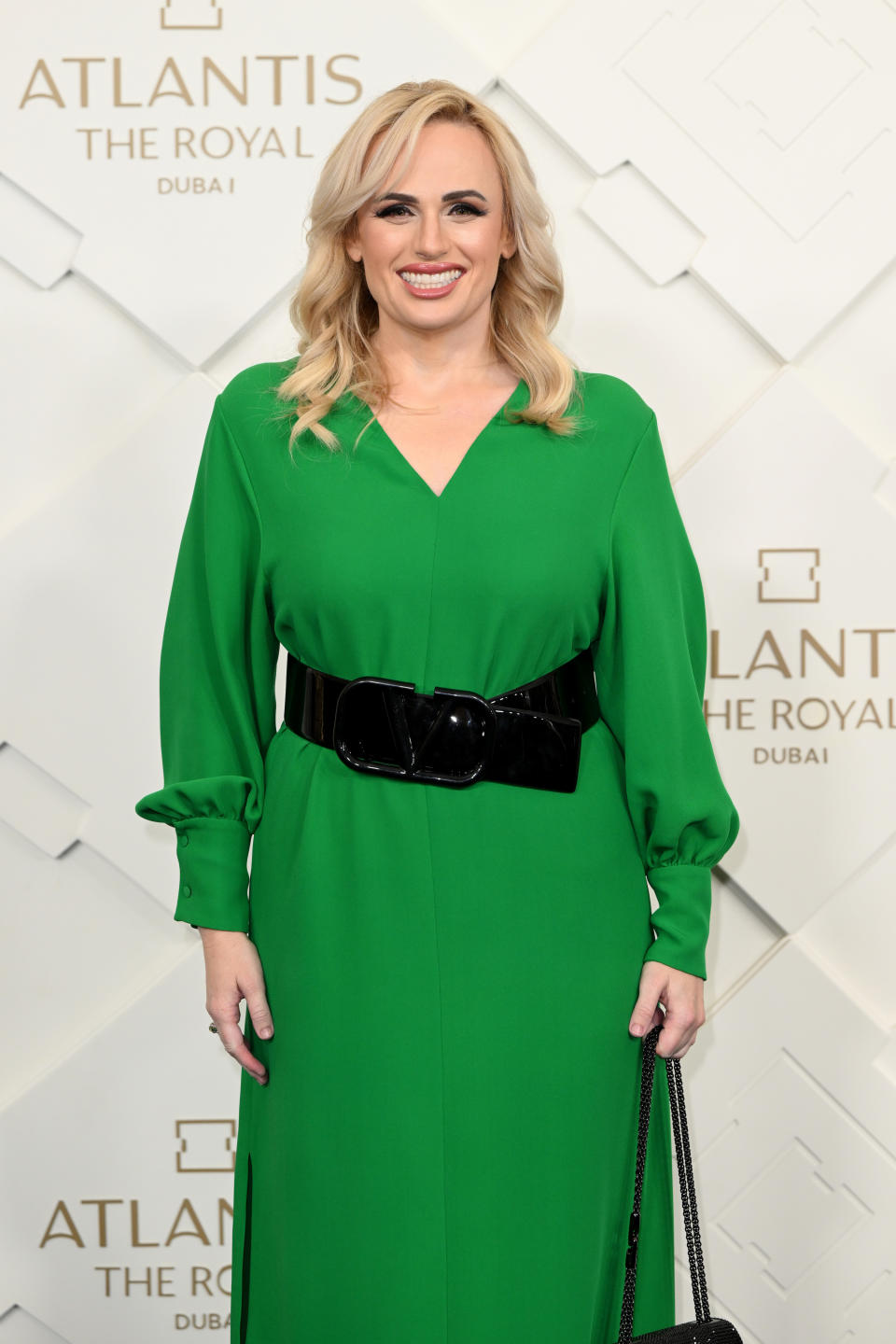
"The problem is that people are stuck at a desk or in their car and they tend to get hungry and they want to eat because that’s how they deal with stress or it’s a habit, but the truth is you just don’t need all that food."
"Sometimes it’s hard for me because I’m an emotional eater, that is my issue, I eat when my emotions run high. I still struggle with that and I still work with that all the time — it’s just a process, it’s a journey," she added. "I am happy with the way I look now and I feel good about how far I have come, but I would like to lose more so we’ll see, it’s really hard with all the traveling I do."
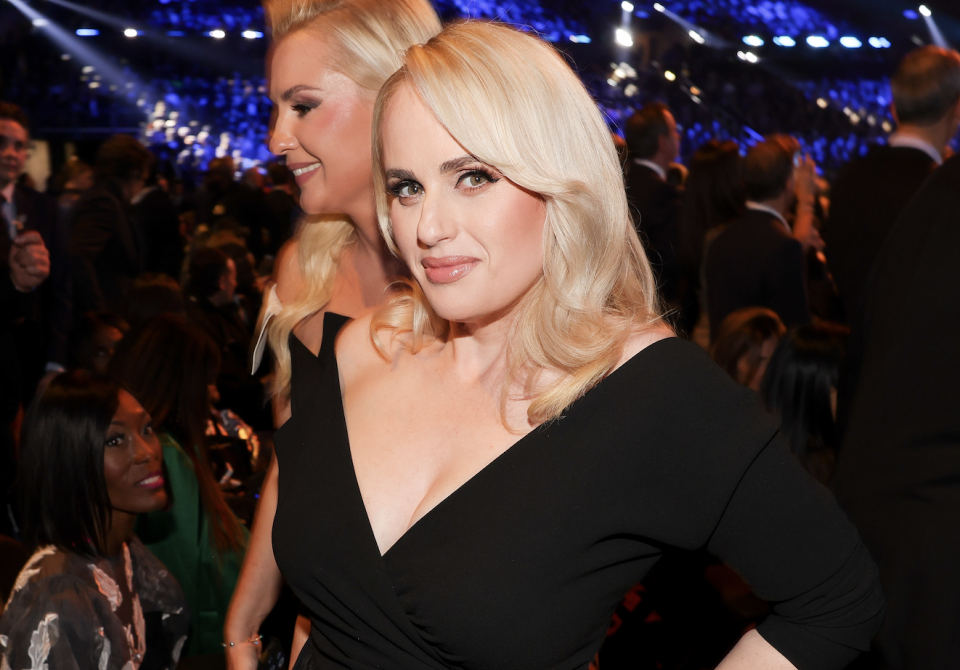
Rebel reportedly then shared a tabloid piece that appeared to say that she was suggesting people only need 600 calories a day, writing on her Instagram story, "This reporting is UNTRUE and utterly ridiculous and harmful to women!"
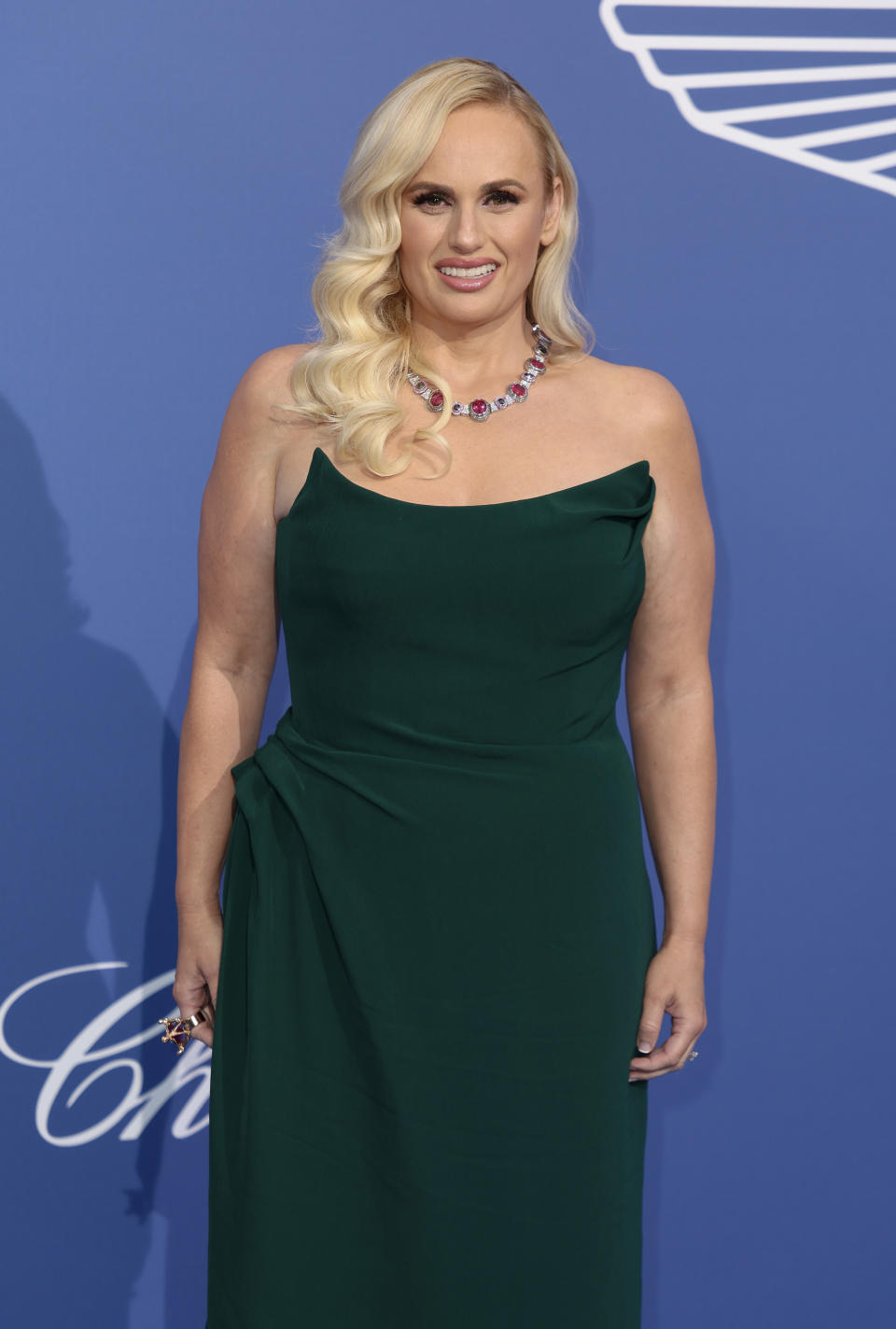
The original Daily Mail interview appears to have been updated as well — the publication added that Rebel "would not advocate to anyone to eat as few as 600 calories a day" and that she went to a weeklong detox in Austria. "She also clarified that consuming only 600 calories a day was for detox purposes and not intended for a daily routine," the article now reads.
BuzzFeed spoke to Sammi Brondo, a New York–based registered dietician, to get her take on Rebel's quotes. "No matter what it's for, I can't imagine a situation where anyone would need 600 calories. Granted, everyone is different, and everyone has individual needs. But 600 calories is so, so few," Sammi told BuzzFeed.
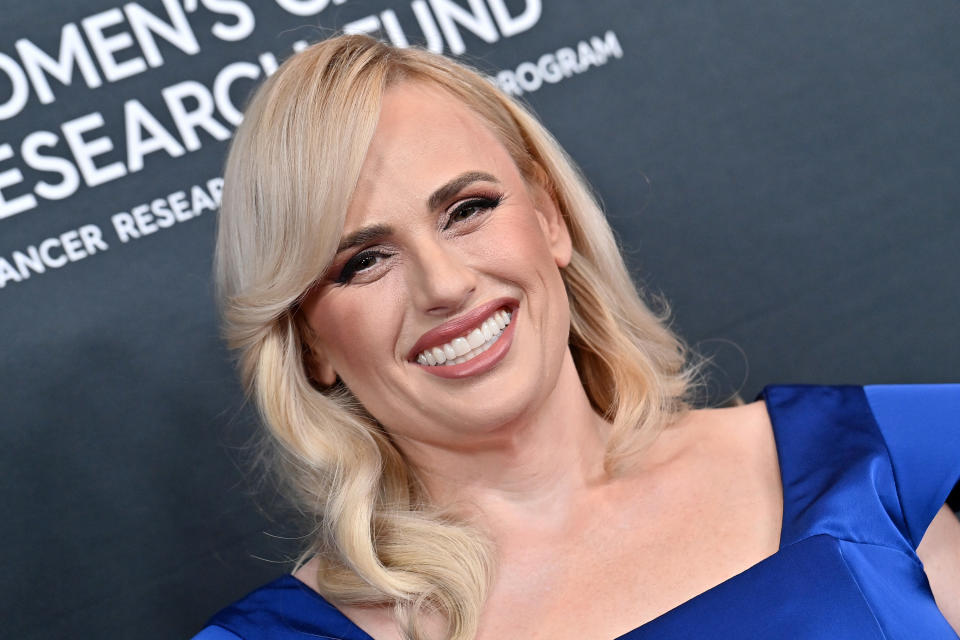
"We also have to take into account the fact that our bodies burn calories at rest — most adults burn much more than 600 calories at rest, even if you are doing nothing all day but laying in bed, and we need to replenish those calories. 600 is just far too few. Even if it's considered a 'detox,' it's just not enough food."
When asked more generally about calorie guidelines and the limitations of the oft-touted 2,000 calories a day number, Sammi continued, "Everyone is so different. Everyone has such unique needs. We're all different heights, different weights, different ages, different activity levels, we have different health conditions that make us need either more or less calories. Within each person themselves, your needs are going to vary day to day — based on how much sleep you get, what your hunger is like, how much you ate the day before, your bowel movements, if you are on your menstrual cycle. Those numbers are very general and they simply can't apply to everyone."
On the note of "detox," Sammi said, "That's what we have a liver and kidneys for. There's really no need to do a detox yourself and a 600 calorie diet is not a detox. It's not something anyone needs to do, it's just completely unnecessary and most likely unsafe."
"I think she has such a big influence that even if she says, 'I'm not saying this is advice or for everyone,' people are going to look at that and see it as advice, or they're going to look and see, 'Wow, Rebel Wilson lost all this weight, I want to lose weight. So let me do what she did.' It is harmful because she has no credentials to be saying what she does ... it sends a really negative message."
When it comes to what Rebel has been saying about her "year of health" more broadly, Sammi replied, "She explained that she saw a doctor who told her she needs to lose weight to help her with her fertility. That already sent such a negative message to her and to everyone watching her story, as she is in the public eye, that says, 'If you weigh a certain amount, you're not healthy, and you can't get pregnant, or you're not as fertile as you could be' — which isn't true, you can be perfectly healthy at any weight."
Again, Rebel said that the doctor was talking about her chances of harvesting and freezing her eggs after having "looked [her] up and down and said, 'You'd do much better if you were healthier.'"
As the Cut put it in 2022, "There is little, if any, research evidence on egg freezing and weight. The vast majority of studies examine BMI and in vitro fertilization, and results from these are mixed. Some have linked overweight and obesity with fewer eggs retrieved and lower rates of pregnancy and live births, while others find no impact of a high BMI on IVF outcomes."
Many egg freezing clinics can actually have BMI caps, which can be related to anesthesia-related concerns more so than actual fertility. While we're at it, the BMI is a pretty lousy metric of individual health, and the American Medical Association has voted to move away from using it.

